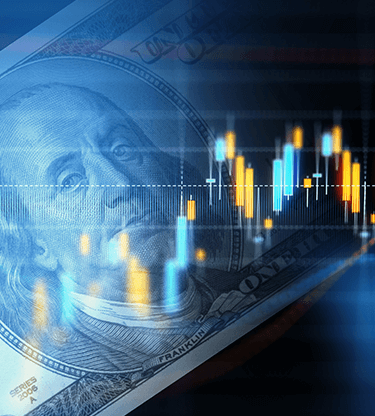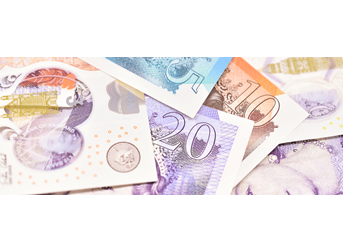Daily Brief

Share Story
A shock, as expected
3 minute readTransitory or structural?
There was something for both sides of the debate in yesterday’s US consumer price index figures for April. The Federal Reserve and the “transitory” crowd could maintain that the 4.2% inflation rate must have been no more than a temporary aberration. Those who fear prices rising ever further could point to the 0.8% monthly rise in core CPI, which owes nothing to base effects.
First, the inflation print was always going to be a high number, given the collapse in demand a year earlier as a result of pandemic lockdowns: bear in mind that WTI crude oil traded briefly at a negative price last April. Second, since the weekend, the only topic of discussion has been high inflation. Third, the recent relaxation of Covid restrictions on both sides of the Atlantic inevitably means more consumer spending money being brought into play.
Nevertheless, many investors were taken aback by the scale of the inflation numbers. The 4.2% reality was appreciably above the 3.6% forecast, and the 0.9% monthly increase in core prices was the biggest since 1982. As it had been at the beginning of the week, the FX reaction was confused. The most reasonable response was a higher USD (interest rate hike more likely) and CAD (tracking the USD), with both an average of 0.6% firmer at the front of the pack. At the back of the field the antipodean dollars were down by 0.3% (danger of free money supply being curtailed).
Calm Clarida
Both before and after their appearance, the US inflation data were the only game in town on Wednesday. The other ecostats, and even the comments from central bankers, were no more than supporting acts.
The European Commission’s Spring 2021 Economic Forecast was predictably more optimistic than before, putting GDP growth at 4.2% and 4.4% this year and next. Eurozone industrial production was up by 10.9% in March compared with the same month last year. The euro was unaffected by either. Overnight, the RICS UK house price balance jumped to +75%, its highest level in more than 40 years. Demand far outstripped supply. Sterling shared second place with the euro and Swiss franc.
Federal Reserve Vice Chairman Richard Clarida spoke formally shortly after the inflation announcement, and followed up his speech with the usual Fed reassurance that the current inflation spike is transitory.
Today's numbers
There is nothing on the agenda for today or Friday to compete for importance with the US inflation figures. The closest contenders, also from the States, are retail sales for April and the finalised Michigan index of consumer sentiment, both of which come out tomorrow.
Today’s numbers cover US producer prices, expected to be up by an annual 5.9% for all the obvious reasons, and weekly jobless claims. Tomorrow’s relate to NZ manufacturing activity, Spanish inflation, Canadian manufacturing and wholesale sales and US industrial production.
Three central bankers have speaking engagements today. Jon Cunliffe and Andrew Bailey will represent the Bank of England. Bank of Canada Governor Tiff Macklem will be talking about “The benefits of an inclusive economy”.
Weekly roundup



